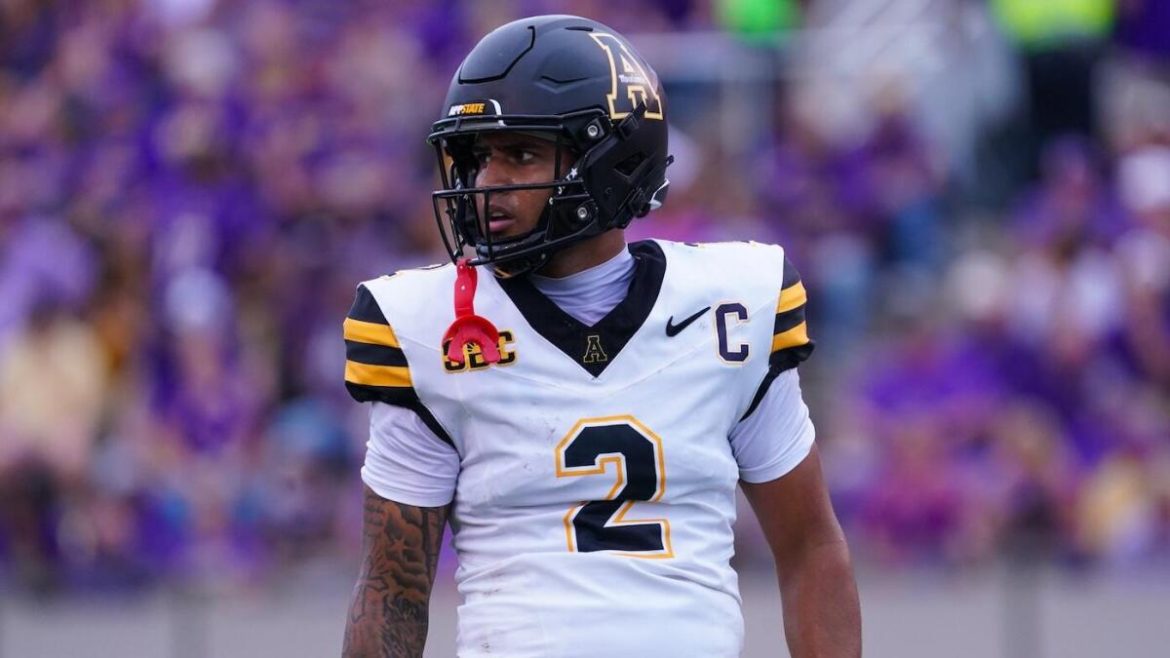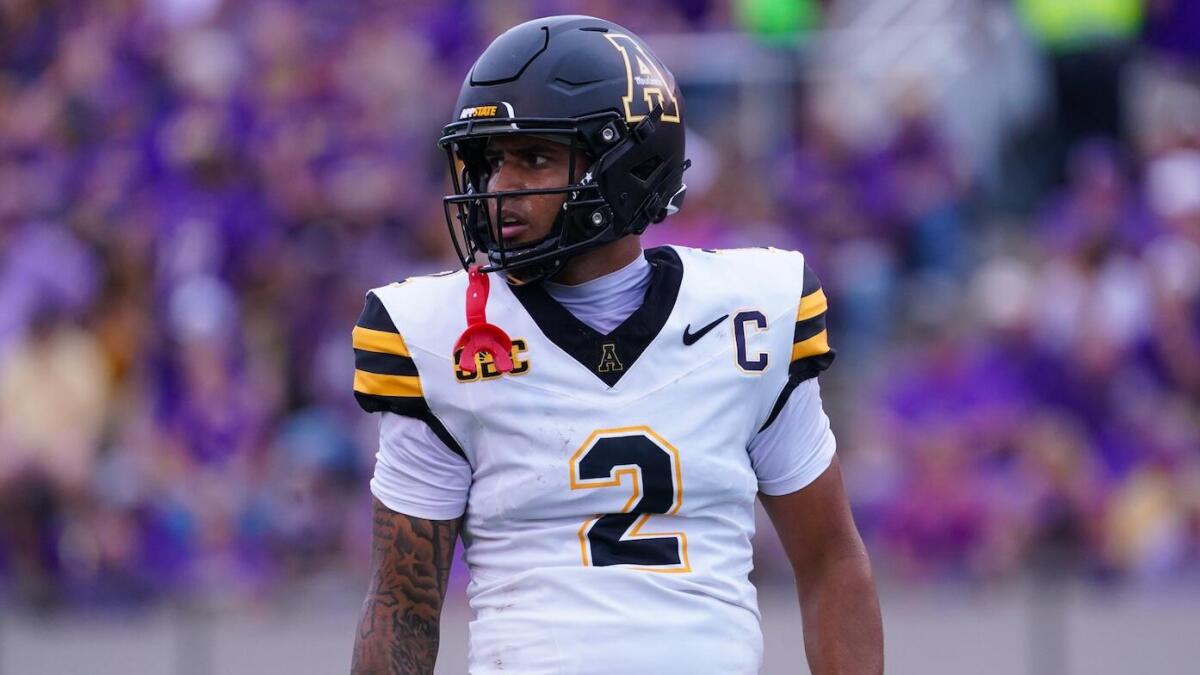The NCAA’s Landmark Diego Pavia Ruling: Transforming Eligibility Rules for JUCO Athletes
Introduction: A Courtroom Battle Reshapes College Athletics
The collegiate athletic landscape has recently witnessed a pivotal legal confrontation centered around Vanderbilt quarterback Diego Pavia. The heart of this dispute lies in the NCAA’s policy that counts junior college (JUCO) playing years against an athlete’s limited eligibility in Division I programs. Pavia challenged this rule, arguing it unfairly restricts athletes’ opportunities, particularly concerning their ability to capitalize on Name, Image, and Likeness (NIL) rights. The resulting court ruling and subsequent NCAA actions have triggered sweeping eligibility reforms with far-reaching consequences.
Understanding the NCAA’s Traditional Eligibility Framework
Historically, NCAA rules have capped student-athletes’ participation to a defined window, typically four seasons of competition over a five-year period. Crucially, time spent competing at junior colleges has traditionally been counted against this total. This policy compelled JUCO transfers like Pavia to face eligibility restrictions despite transferring and continuing their careers at four-year institutions.
For many JUCO players, these limitations restricted not only their playing time but also their capacity to build a profile and earnings potential in the expanding NIL landscape — where athletes can monetize their personal brand. The NCAA’s stance created tensions around fairness, career longevity, and athletes’ rights.
The Diego Pavia Case: A Game-Changing Legal Challenge
In late 2024, Diego Pavia filed a lawsuit asserting that counting JUCO seasons against NCAA eligibility violates antitrust laws and impinges on athlete freedoms, particularly impacting NIL opportunities. Pavia’s legal argument hinged on the idea that a junior college’s competitive play should not reduce his sanctioned playing time at the Division I level.
The court sided with Pavia, issuing a preliminary injunction that permitted him to extend his eligibility and participate in Vanderbilt’s 2025 season. The ruling profoundly undermined the NCAA’s authority in enforcing its eligibility clock as previously structured. It was a notable rebuff of longstanding NCAA compliance norms, showcasing how antitrust considerations can clash with collegiate regulatory frameworks.
NCAA’s Response: Appeal Amid Waivers and Policy Shifts
Following the court’s ruling, the NCAA opted to appeal, seeking to overturn what it viewed as a disruptive and precedent-setting injunction. However, simultaneously, the NCAA Division I Board of Directors adopted a pragmatic approach: issuing a blanket waiver granting an additional year of eligibility to former JUCO transfers in alignment with Pavia’s circumstances for the 2025-26 season.
This dual strategy illustrates the NCAA’s complex position—attempting to maintain regulatory control while mitigating immediate fallout. The blanket waiver signals an acknowledgement of the legal and practical ramifications the ruling posed, effectively broadening playing opportunities for many athletes previously constrained by the JUCO counting rule.
Implications for JUCO Athletes and College Sports
The effects of this ruling and waiver are multi-dimensional:
Continuing Challenges and the Road Ahead
Despite the overarching waiver, uncertainty remains. Some former JUCO athletes find themselves in “eligibility limbo,” as individual cases await resolution amid the ongoing NCAA appeal. Additionally, not all leadership within college sports uniformly supports the ruling; some coaches and administrators express concerns about competitive balance and administrative burdens.
The ruling also spotlights the growing tension between athlete rights and institutional interests. As athletes increasingly challenge NCAA-imposed restrictions under legal and public pressure, the governance of college sports faces continual transformation.
Conclusion: Diego Pavia’s Victory as a Catalyst for Change
Diego Pavia’s legal victory marks a turning point in collegiate athletics, dismantling a restrictive aspect of the NCAA’s eligibility framework for JUCO transfers. The NCAA’s subsequent waiver embodies an important, albeit cautious, shift towards expanding athlete opportunity and autonomy. While litigation and appeals continue, the ruling has undeniably opened the door for broader reform, signaling a new era where players exercise greater influence over their collegiate careers and economic potential. In the evolving intersection of law, sport, and athlete rights, the Pavia case stands as a landmark catalyst—illustrating how one athlete’s fight can reshape the playing field for many.





